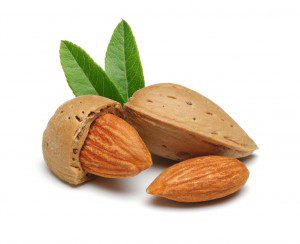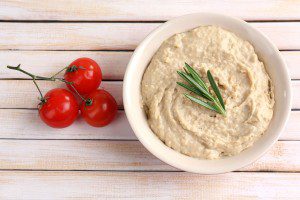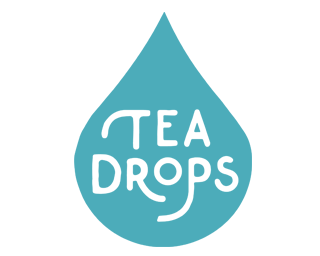Fats that LOVE Your Heart
February 19, 2015Fats Are Not the Enemy
By Kerry Clifford, MS, RD, LDN

For decades, nutrition has been focused on low fat diets for health. 2015 Fact: Fat doesn’t make you fat, excess calories do. And Here’s why you need to start eating fat at every meal:
Our bodies use the fat we eat to help absorb specific vitamins, to create hormones, to fuel for our brains, to maintain cardiovascular health, and to boost energy. Fat with meals can also improve satiety from a meal and help control rapid changes in blood sugar due to the slow digestion of fat. Fat also cushions our internal organs and acts as a cover to nerves to allow them to fire quickly!
While it is true, fat is energy dense (a high amount of calories in a small serving), it should be included at every meal of the day. Let’s roughly say if you’re consuming a 2000-calorie diet (not recommended for all) including 9-15 teaspoons or 3-5 Tablespoons of fat per day is the minimum recommendation. Purchasing low-fat products often diminishes the taste and shelf life, which causes food manufacturers to add sugar, sugar alternatives, salt and other chemicals we can’t even pronounce.
Fat for my Heart, why?
Omega-3 fats act as anti-inflammatory agents in the blood by clearing excess particles in the blood that flag the immune system to release inflammatory markers, which can lead to disease. Fat also increases our HDL cholesterol, which helps clear out potentially harmful particles by delivering them to the liver for removal from the body.
Which fats should I be eating?
Omega- 3’s are found in Wild Salmon, Flax Seed, Tuna, Walnuts and some eggs (with Omega-3 labeling). Most Monounsaturated fats are found in Olive Oil, Avocado, Hummus (from Tahini), Sunflower Seeds, Sunbutter and Almonds.
Well, what about the others?
It is well known man-made trans fats have poor effects on cardiovascular health, these being found in many processed foods. The food industry has done a nice job removing it from many products made today, yay!
Fat from dairy, meat, eggs and specific plant sources contain saturated fats (and other kinds of fats, too). Many early research studies on the topic of cardiovascular disease correlated diets high in saturated fat to higher risks of heart disease. To contrast, many recent studies have demonstrated no link between cardiovascular death and saturated fat in the diet. The rise in products containing Coconut Oil, rich in plant based saturated fatty acids, have brought the fat debate to the table. Many studies have linked Coconut Oil intake with improved brain health, decreased digestive discomfort and improved metabolism. I’ll leave it up to you to decide or leave a comment on the bottom with your opinion.
I challenge you to end the fat phobia, and count your tablespoons TODAY. Oh, and, it tastes good, too J
Homemade Hummus
1 can of Garbanzo Beans (Chick Peas)
2 TB Olive Oil
1 TB Garlic
½ tsp Sea Salt
1 tsp Black Pepper
1 TB Lemon Juice
2 TB Tahini (Ground Sesame Seeds)
Mix all in a food processor and grind until smooth. Add spices to your liking. Get creative by adding roasted red pepper, onion or even fresh pomegranates! Serve with Baked Pita and lasts in the refrigerator up to 1 week. YUM!





